Here is a list of 7 Interesting Phenomena of a Human Mind.
Pygmalion Effect
Pygmalion effect refers to the phenomenon in which the greater the expectation placed upon people, often children or students and employees, the better they perform. The Pygmalion effect is a form of self-fulfilling prophecy, it is a prediction that causes itself to become true. In this respect, people with poor expectations internalize their negative label, and those with positive labels succeed accordingly. For example, you assume you are going to perform badly at your test today so you decrease the effort and end up doing poorly. If I think my relationship with my significant other is going to fail, I start acting differently, pulling away emotionally, which may cause it to fail.
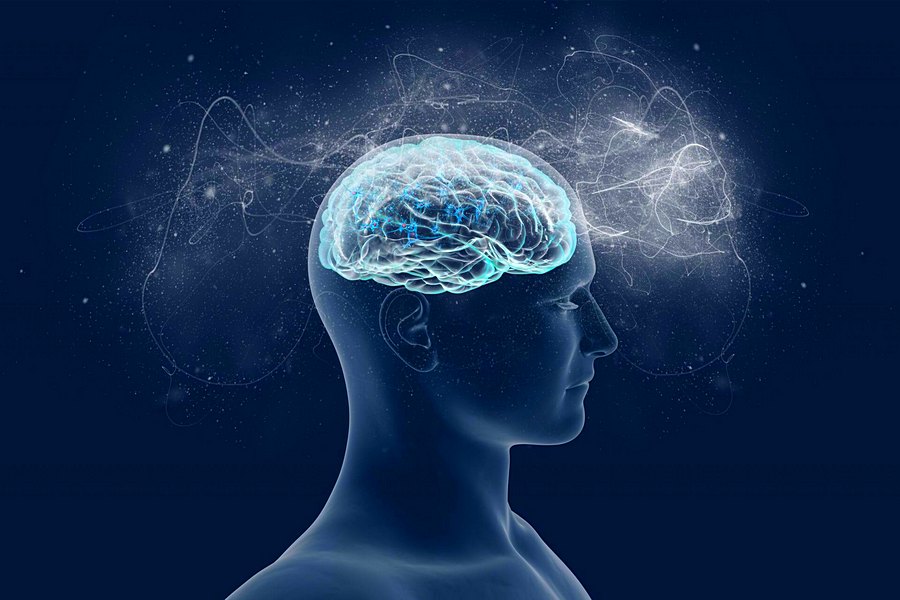
Illusory superiority
Illusory superiority is a cognitive bias that causes people to overestimate their positive abilities and underestimate their negative qualities in relation to others. It is a positive illusion that has been studied extensively in social psychology. Positive illusions have been described as human’s unrealistically favorable attitude toward themselves. There are three broad categories of positive illusions, inflated assessment of one’s own abilities, unrealistic optimism about the future and an illusion of control. Illusory superiority is often referred to as the above average effect. The above-average effect states that people regard themselves more positively and less negatively than others actually perceive them.
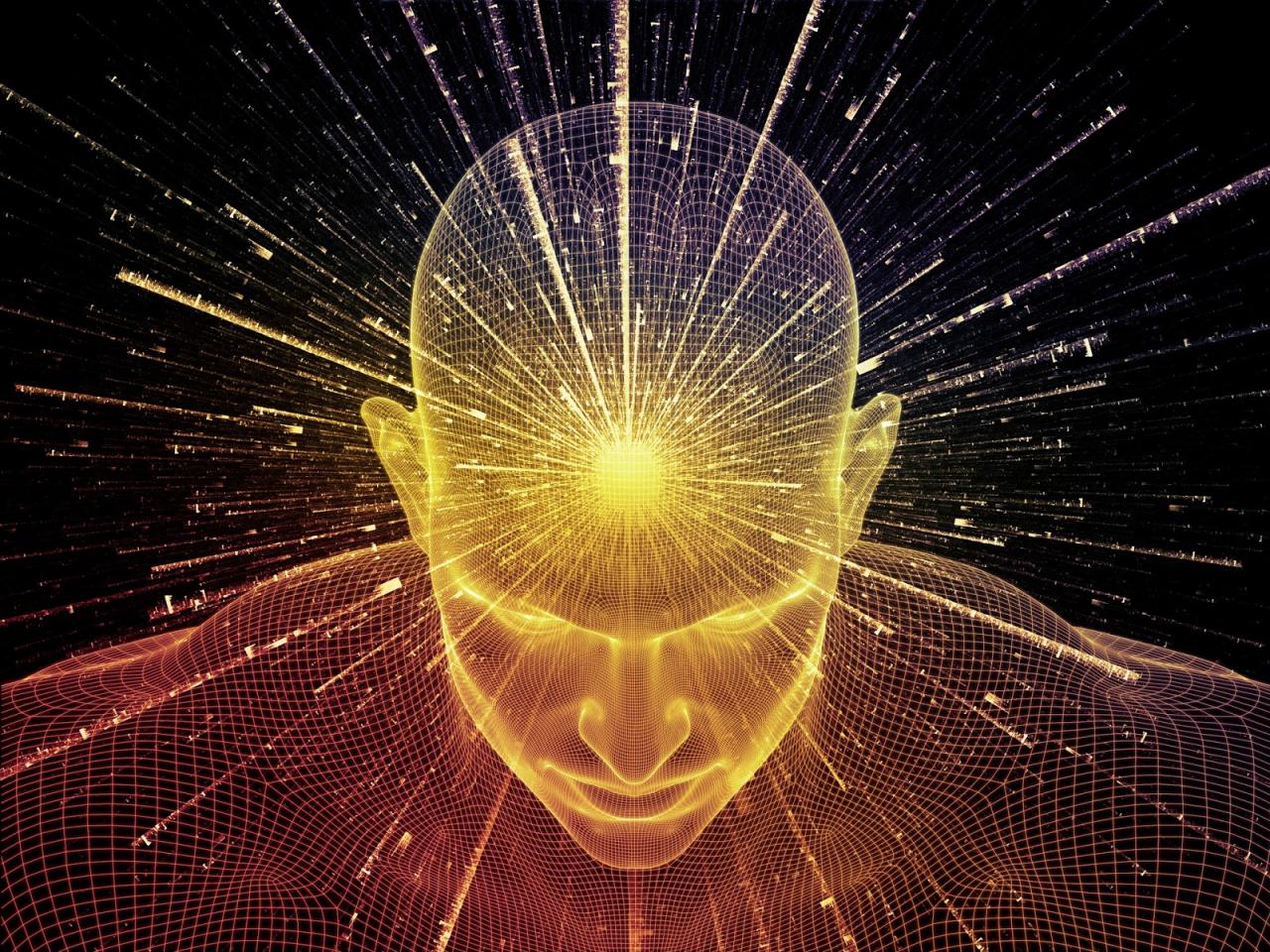
Clustering illusion
The clustering illusion is the illusion that random events which occur in clusters are not really random events. The illusion is due to a counter-intuitive assumption about statistical odds. For example, it strikes most people as unexpected if heads comes up four times in a row during a series of coin flips. Now if you have got 3 consecutive heads, you’d think next flip can’t be heads, though there is still a 50% probability. Thinking that the probabilities have changed is a common bias. This has caused gamers to lose thinking the probability has changed.
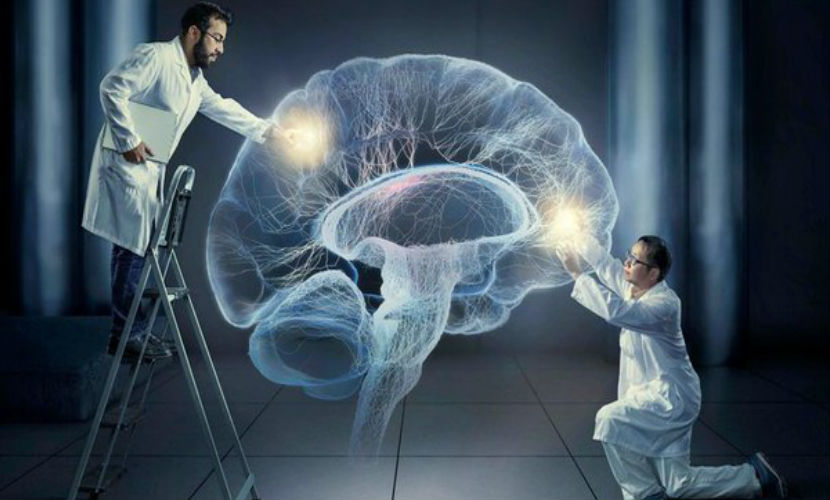
Spotlight effect
It is the tendency to overestimate the amount that other people notice your appearance or behavior. The reasoning behind the spotlight effect comes from innate tendency to forget that although one is the center of one’s own world, one is not the center of everyone else’s. Many professionals in social psychology encourage people to be conscious of the spotlight effect and to allow this phenomenon to moderate the extent to which one believes one is in a social spotlight.

Tetris effect
Where a person devoting a large amount of time to a particular pattern-based activity(which in this case is Tetris) will start unconsciously thinking and dreaming about it. People who played Tetris for a prolonged amount of time could find themselves thinking about ways different shapes in the real world can fit together, such as the boxes on a supermarket shelf, the buildings on a street, or hallucinating pieces being generated and falling into place on an invisible layout.
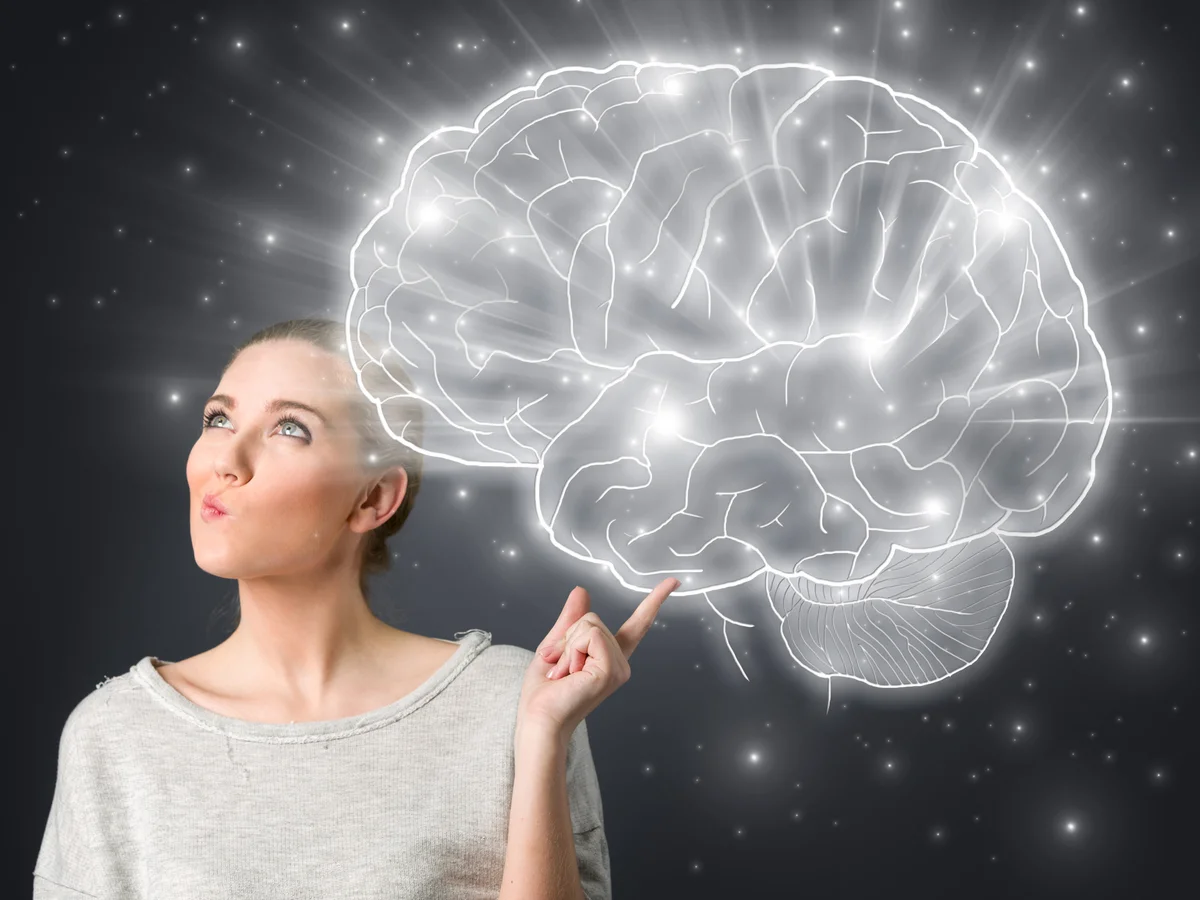
Bystander effect
A.k.a. bystander apathy, is a social psychological phenomenon that refers to cases in which individuals do not offer any means of help to a victim when other people are present. The probability of help is inversely related to the number of bystanders. In other words, the greater the number of bystanders, the less likely it is that any one of them will help.
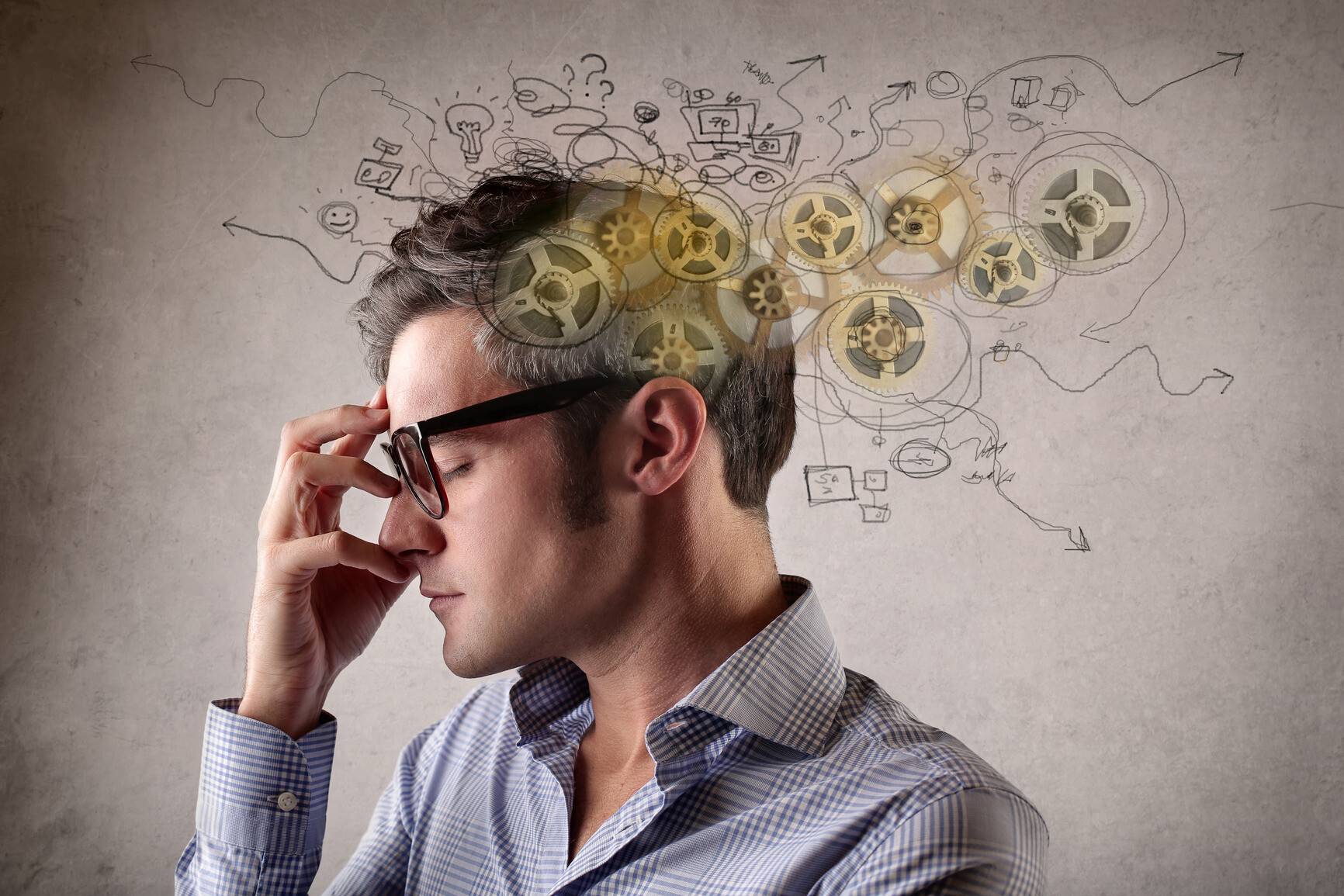
Halo effect
Otherwise known as Horn’s Effect, devil’s and reverse halo effect is where individuals, brands or other things judged to have a single undesirable trait are subsequently judged to have many poor traits. Allowing a single weak point or negative trait to influence perception of the person, brand or other thing in general. Simplifying it, when we consider a person bad in one area, we are likely to make a similar evaluation in other areas.
